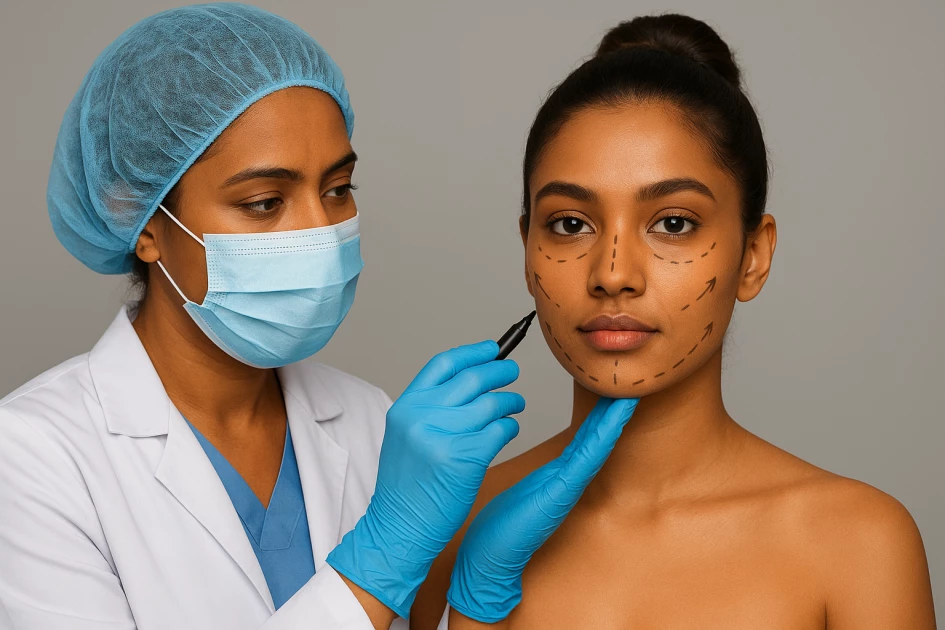The price of beauty: Why more youth are turning to plastic surgery


Audio By Vocalize
What defines beauty today? Almond eyes, an
hourglass figure, flawless skin, dimpled cheeks, or a perfect set of pearly
white teeth? Those might have been the markers. But not now, not anymore.
Once whispered about in hushed tones and
done in secrecy, plastic surgery is now flaunted on social media timelines, the
trend being a stark contrast to what used to be a taboo.
In Nairobi’s high-end clinics, lives are being reshaped one procedure at a time. Beauty has acquired a price tag, and more young people are willing to pay it.
Initially, cosmetic surgery was popular among older generations seeking to erase wrinkles and hold on to their youth. Today, however, it is the younger generation leading the way—not to turn back the clock, but to refine their features. Growing up in a digital world where appearances are constantly on display, many feel the pressure to perfect their looks.
No longer a foreign luxury, plastic surgery has evolved into a local trend. It speaks to a deeper cultural shift where conversations around identity, confidence and modern beauty ideals intersect.
From liposuction and nose jobs to tummy tucks, breast augmentation, and facelifts, more youth are investing in surgery—seeking not just a new look, but also a new sense of identity and social standing.
For many, cosmetic enhancements promise more than physical transformation. They offer the allure of a fresh start—a chance to feel comfortable in one’s skin while keeping pace with global beauty trends.
How far people would go for beauty, only the surgeon’s knife can tell. But that won’t stop the side effects from knocking on one’s door. Medical risks such as poor healing or scarring, or even risks of infections, could possibly be unavoidable.
It’s not a guarantee for the surgery to be successful. Unrealistic expectations could lead to disappointment. Some may develop body dysmorphia, becoming dependent on surgery.
"People think it's like going out to lunch," she says. "Like any surgery, it needs to be taken seriously."
Many are willing to pay the price for
beauty, but at what cost? Some suffer from financial strains, judgment or
stigma from others, or downtime from work or school during recovery.
Plastic surgery can transform lives positively when done for the right reasons and with realistic expectations, but it also carries serious risks and long-term consequences. Some do it out of necessity, others for self-expression and some due to societal pressure. But is it worth it?
As the debate rages across generations and classes—between the wealthy, middle-class professionals, and youth aspiring to afford it—the question lingers: is this empowerment, or is it pressure? Is it just a passing craze or a permanent cultural shift? What is the message behind it all? Does it devalue our authenticity, or does it require us to embrace the art of feminine persuasion?


Leave a Comment